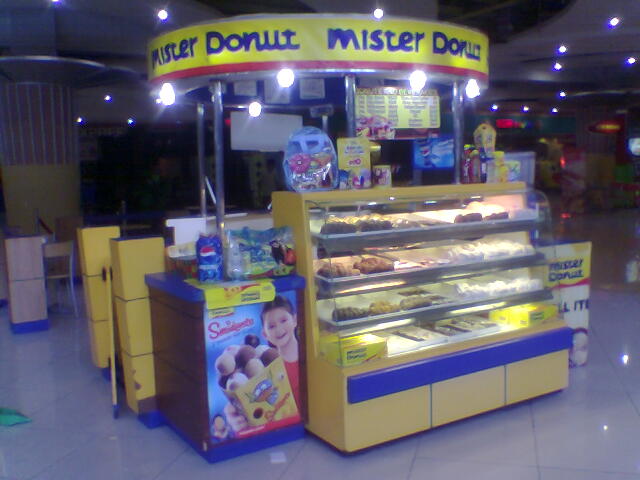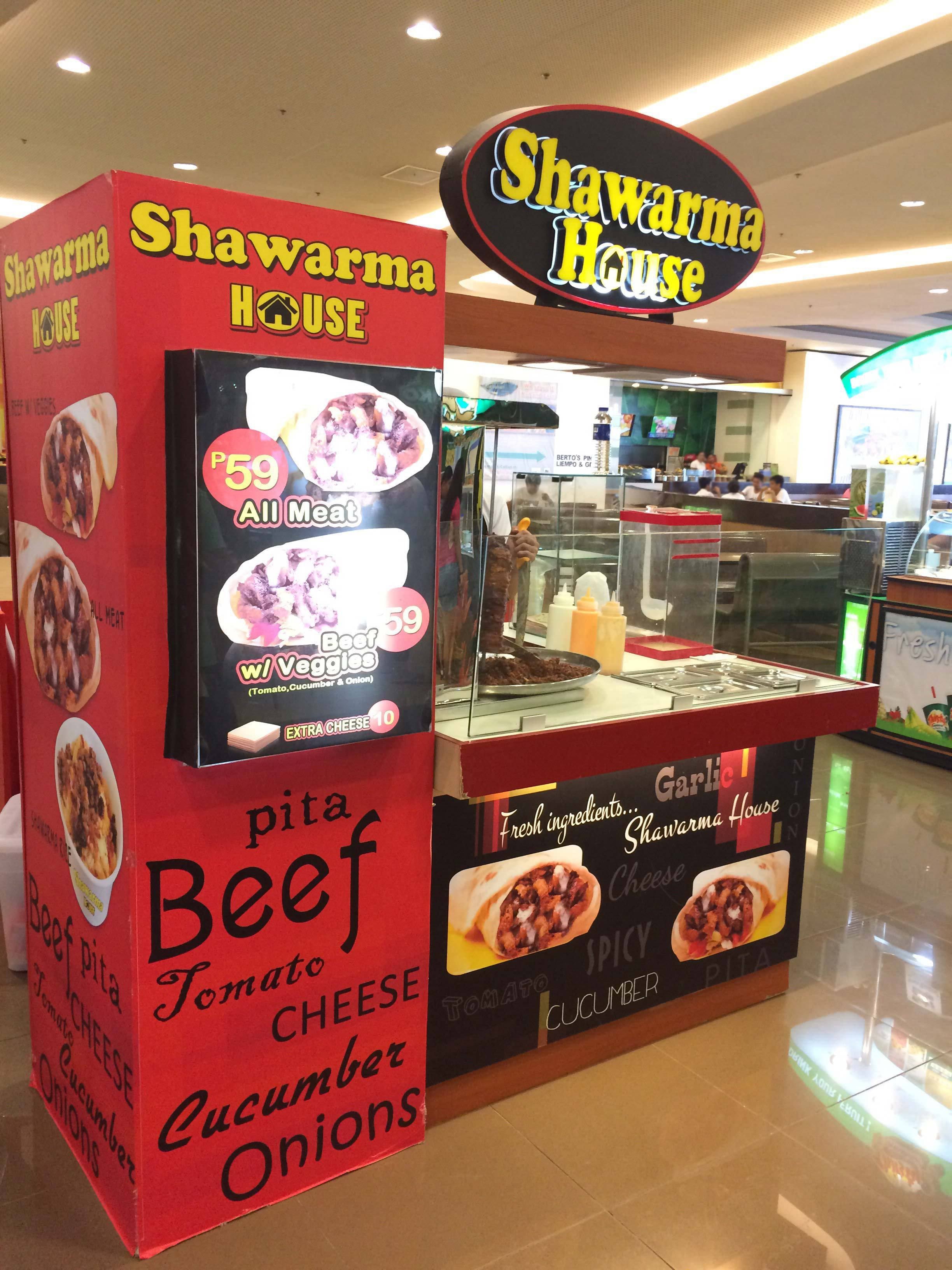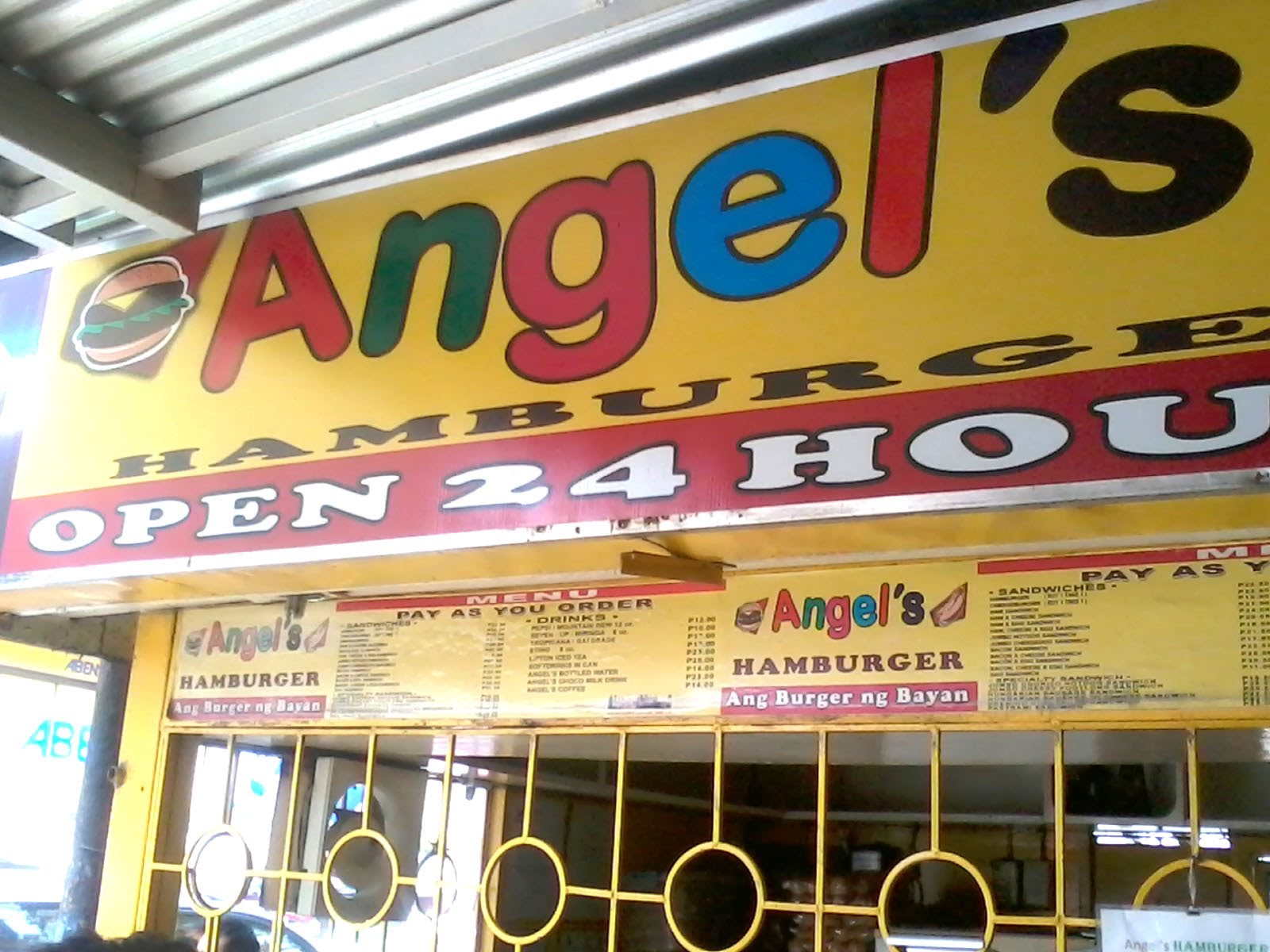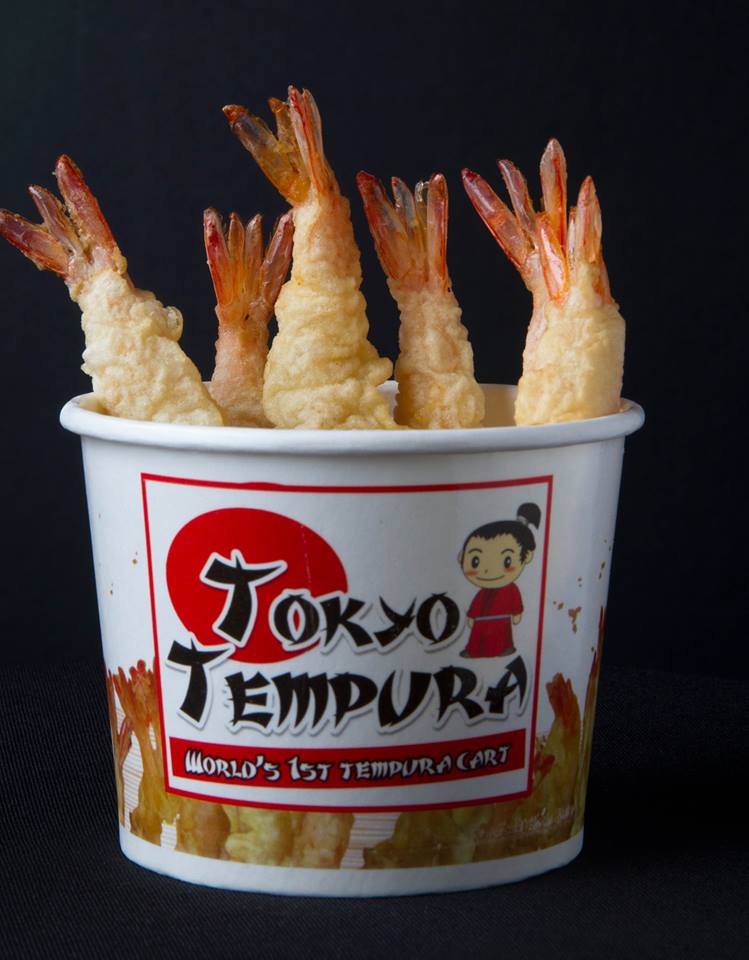How to Franchise Mister Donut in the Philippines
Mister Donut has long been a go-to brand for Filipinos craving donuts, brewed coffee, and light snacks. If you’ve ever thought about turning that love into a business, franchising Mister Donut might be the opportunity you’re looking for. With a long history in the country and flexible franchise packages, this brand continues to attract aspiring entrepreneurs across different regions.
Background of the Brand
Mister Donut originally started in the United States in the 1950s but found its strongest foothold in Asia, especially in Japan and the Philippines. In the Philippines, it’s operated by Ramcar Food Group, which also handles distribution and logistics. Mister Donut here is known for its bite-sized Pon de Ring donuts, classic cake donuts, brewed coffee, and affordable combo snacks that appeal to both office workers and families. Over the decades, it became a familiar sight in bus terminals, malls, and convenience stores.
A short benefit of having this brand as a business
One of the biggest perks of franchising Mister Donut is its brand recall. Almost everyone in the country recognizes the brand, which means you won’t need to spend as much on marketing. Add to that the relatively low entry cost compared to other food franchises, and it becomes an attractive option for entrepreneurs who want a well-loved product without breaking the bank. Another plus? Mister Donut adapts easily to different locations: mall kiosks, neighborhood stores, or even mobile setups.
Franchise Types and Formats

Mister Donut offers different franchise packages depending on your budget and location:
- Regular Franchise – 3-year contract, package starts at around Php 310,000.
- Convenience Store Package – 2-year contract, priced at Php 125,000. Designed for grocery and convenience store owners. (Inventory not included.)
- MD Plus Business Trial – 90-day trial program starting at Php 100,000. Great for those who want to test the waters.
- Physical Shop + Mobile Store – 3-year contract, starts at Php 520,000. Combines a fixed store with a mobile cart for outreach.
These options make Mister Donut more flexible than many food franchises, because you can start small and expand later if things go well.
Requirements for Mister Donut Franchise
To apply, franchisees need to prepare the following:
- Franchise fee and package cost (varies depending on format; see official Mister Donut site for updates: Mister Donut Opportunities)
- Letter of Intent (LOI) stating the proposed location, market study, and site details. Download the letter of intent here.
- Franchise Application Form with personal, financial, and management details. Download the application form here.
- Proof of financial capability
- Proposed store location details (map, photos, and foot traffic assessment)
- At least one government-issued ID
Applicants should also be ready to commit to the operational requirements, such as hiring and training staff, and following Mister Donut’s brand standards.
How to Franchise
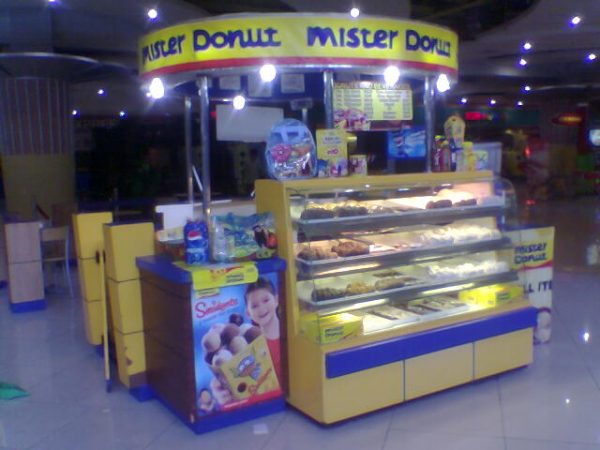
Here’s a step-by-step guide to franchising Mister Donut:
- Submit a Letter of Intent – Include the location proposal, market study, and site details.
- Fill out the Franchise Application Form – Provide financial background, business history, and personal information.
- Initial Screening – Mister Donut’s franchise team (Deliscents, Inc.) reviews your application.
- Site Validation – The team conducts an on-site visit to check viability.
- Approval & Contract Signing – If approved, you’ll sign the franchise agreement.
- Franchise Fee Payment – Depending on the chosen package.
- Training – Mister Donut provides training on operations, sales, and customer service.
- Store Construction/Setup – Depending on format (kiosk, cart, shop, etc.).
- Grand Opening – Once set up, Mister Donut will assist with opening and promotional support.
Who is this franchise the best for?
Mister Donut works well for entrepreneurs who:
- Want a low to mid-range investment in the food business.
- Have high-traffic locations like terminals, malls, or community centers.
- Prefer a flexible business model with small to medium footprints.
- Are testing if franchising is for them (the trial program is a unique option).
Alternative possible franchise
If you’re exploring other brands, here are a few alternatives worth considering:
- Dunkin’ – Known as one of the strongest donut brands in the country, Dunkin’ offers large-scale franchising opportunities with higher investment costs. It has massive brand loyalty and works best in prime urban and mall locations.
- Happy Haus Donuts – A more budget-friendly donut franchise that’s popular in neighborhood communities and schools. It’s often seen as a direct competitor to Mister Donut in the affordable donut category.
- Siomai King – Famous for its affordable cart-based food stalls, Siomai King provides low-cost entry into the food franchising space with quick returns if placed in busy areas.
- Fruitas – Focused on beverages and light snacks, Fruitas appeals to health-conscious customers and works well in malls, schools, and commercial spaces.
Frequently Asked Questions (FAQs)
Before we wrap things up, here are some common questions people ask when looking at Mister Donut franchising:
How much is the franchise fee?
It depends on the package. Convenience store setups start at Php 125,000, while full shops can go over Php 500,000. Always check the official Mister Donut website for updated figures.
How long is the contract?
Franchise contracts range from 90 days (trial) to 3 years, depending on the package chosen.
What support does Mister Donut provide?
They offer training, marketing assistance, and operational guidance. They also help with store setup and provide supply chain support.
Can I franchise Mister Donut if I don’t own a commercial space?
Yes, but you need to propose a location and secure approval. Mister Donut also allows mobile and kiosk options, which don’t require a big space.
Is Mister Donut profitable?
Profitability depends on location and management. Franchisees note that high-traffic areas perform much better. Like most food businesses, margins can be slim if sales volume is low.

